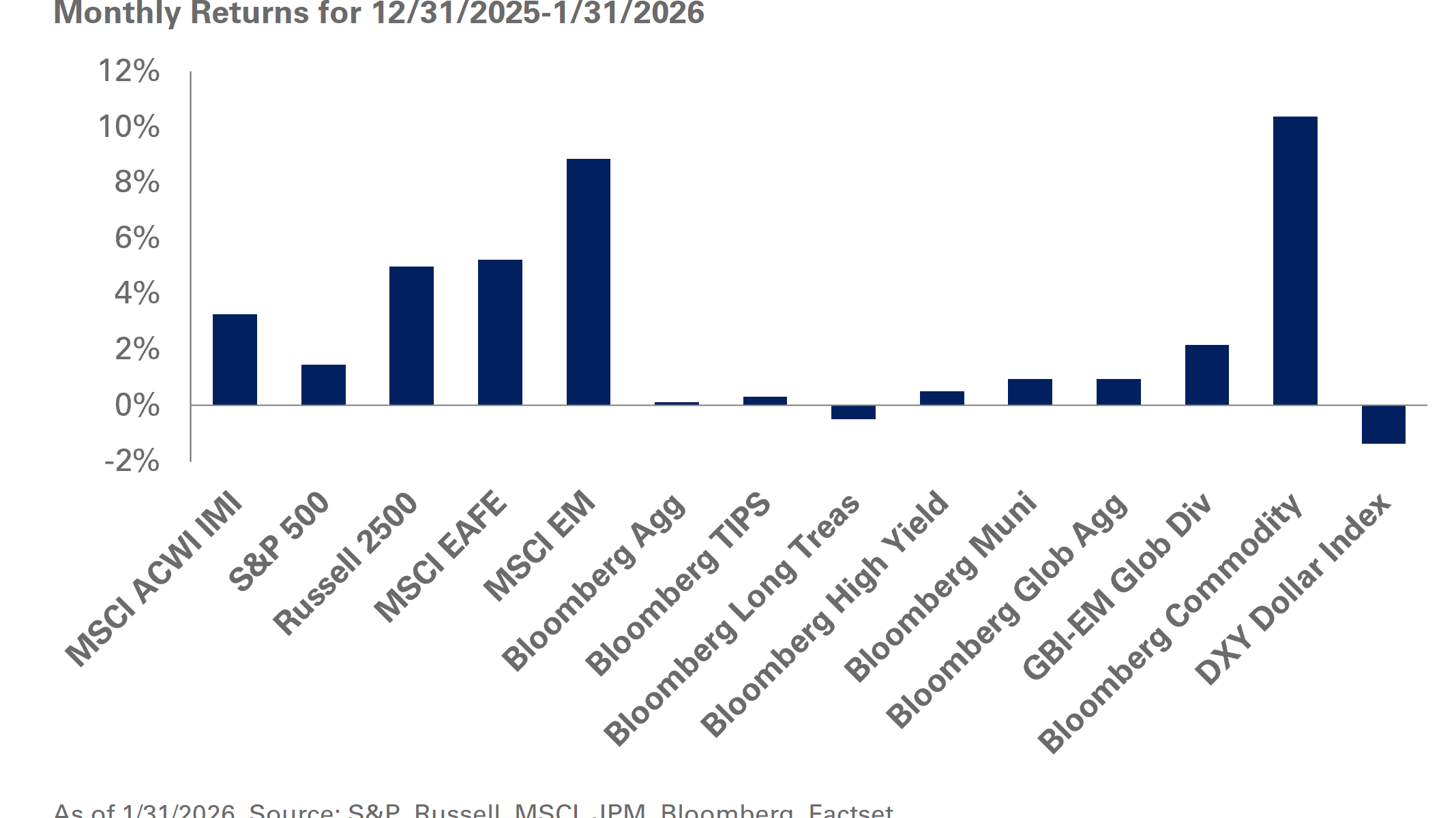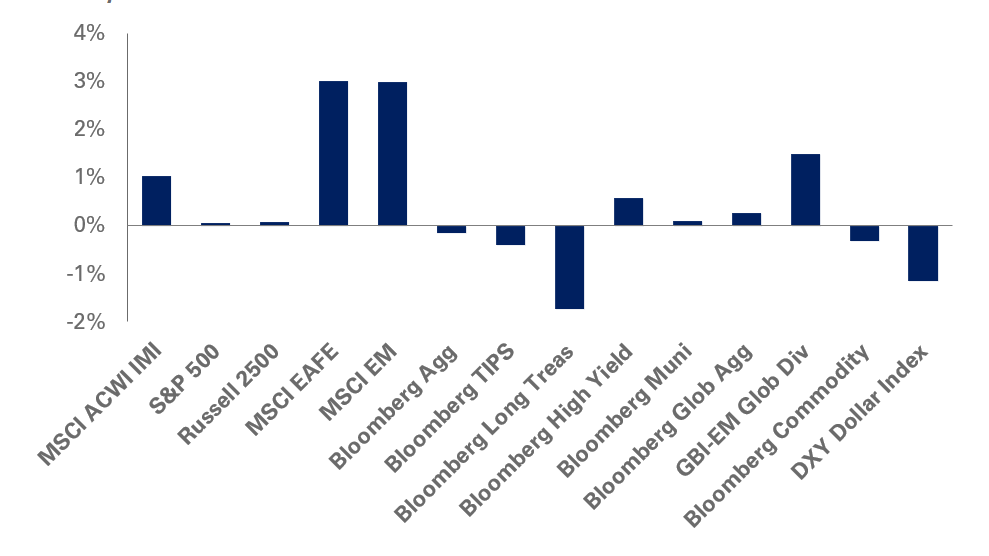Financial markets aren’t biting. Yet.
A series of extraordinary moves by the Federal Reserve over the past two weeks have failed to shore up investor sentiment during the new coronavirus (COVID-19) pandemic as stocks hurtle into bear territory amid fears of a global recession, the likes of which the world hasn’t seen since the financial crisis of 2008-2009. As investors try to make sense of the waves of volatility rocking their portfolios, we urge our clients to remain diversified, rebalance towards targets, and define a plan of action that allows them to take advantage of market opportunities as they arise.
This past Sunday, which happened to be the Ides of March—an unfortunate day for Julius Caesar as it marked his last—the Fed cut the key Federal Funds rate a full percentage point to a range of 0.00%-0.25%, and announced further bond purchases of $700 billion. The central bank’s moves followed similar off-cycle stimulus two weeks earlier, in line with our key market theme of permanent interventions.
However, the Fed’s actions fell short in quelling the pervasive sense of pessimism dominating markets. As with its rate-cut on March 3, equities went into a tailspin (admittedly temporarily) with the Dow Jones Industrial Average losing 13% on March 16, the second worst day on record after the crash on Black Monday in 1987. Since its peak on February 10, the S&P 500 Index has lost over 30%, standing firmly on bear-market territory. Markets can sell-off despite a stimulus not only because the Fed’s action(s) may be viewed as insufficient or maxed out (with a 0% bound), but also due to fear or panic that is made worse when responses are off-cycle. In addition, markets may be holding off in anticipation of a substantial fiscal stimulus from Washington, which is currently being debated in the Senate.
During these times of volatility, we should point out that the S&P 500’s 9% gain on Friday the 13th also made it to the top 10 list of market moves. Trying to accurately time the ins and outs of a turbulent market are problematic. Instead, we advise investors to focus on strategic actions, including diversification and rebalancing. Watch this space for additional detailed recommendations as we continue to monitor markets and conditions evolve.



